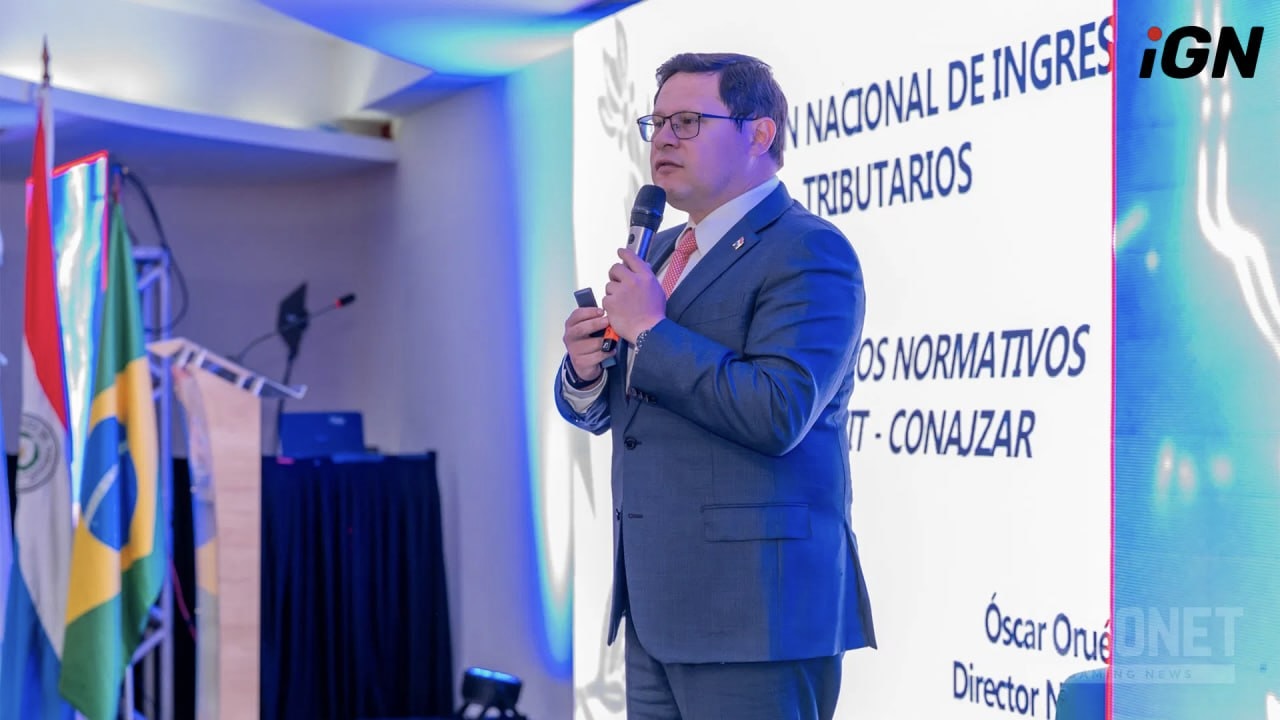Paraguay to Hold Tender for Betting and Lottery Licenses

Oscar Orué, Director of the National Revenue Administration, announced at the “SAGSE Paraguay 2025” conference the end of the sports betting monopoly under Law No. 7438/2025.
Legislative Changes
The new Law 7438/2025 amends Law 1016/1997, changing the regulatory framework for gambling in the country. Up to three operators will now be allowed in each type of game — including sports betting and the lottery (quiniela) — instead of a single monopolist.
Daruma SAM (Apostala) will keep its sports betting concession until 2028, but the tender will be held in 2026, allowing two more operators to enter the market and ending the monopoly.
Objectives of the Reform
- Increase competition and improve conditions for players.
- Boost government revenue through additional licenses.
- Combat illegal gambling activities.
- Strengthen government oversight and regulation.
Revenue Distribution from Licenses
License revenues will be distributed among municipalities, departments, social programs, and the national treasury. The percentage allocation depends on the type of game.
| Game Category | Municipalities | Departments | DIBEN | Treasury |
|---|---|---|---|---|
| National games | 30% | 30% | 30% | 10% |
| Games held in Asunción | 25% (Asunción municipality) | 20% | 25% | 10% |
| Municipal and departmental games | 30% | 30% | 30% | 10% |
Formalization and Oversight
One of the main goals is to formalize the gambling sector and tackle tax evasion. Measures promoting responsible gaming will also be introduced, including preventing underage gambling and regulating betting advertising.
Public–Private Partnership
The government called for active cooperation between public institutions and private companies to create a transparent, competitive market that delivers tangible social and economic benefits.
Opportunities for Investors
The reform opens the door for new operators and investors in the betting and casino sector. Law No. 7438/2025 establishes favorable conditions for attracting capital while maintaining strict state oversight.
